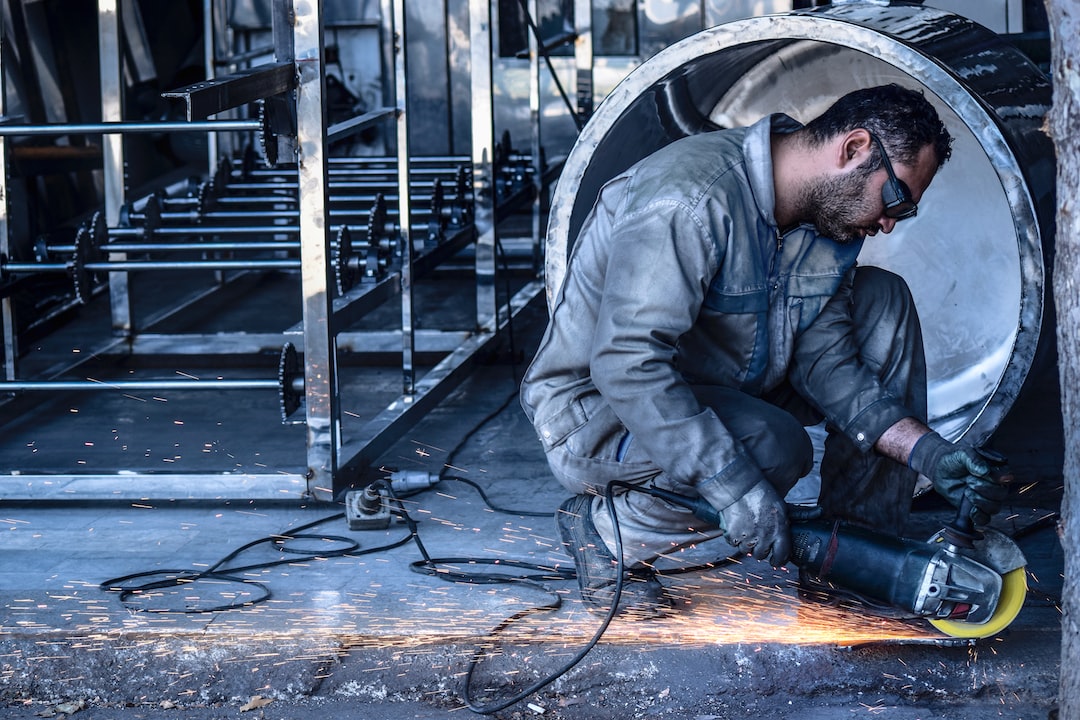The Future of Manufacturing Jobs: Adapting to Industry 4.0 and Beyond
The manufacturing industry has seen significant changes over the years, and with the advent of Industry 4.0, these changes are expected to accelerate even further. The Fourth Industrial Revolution, often referred to as Industry 4.0, encompasses the integration of advanced technologies such as artificial intelligence, internet of things (IoT), big data analytics, and robotics into manufacturing processes. While these advancements offer numerous benefits, they also raise concerns about the future of manufacturing jobs and the workforce that drives the industry.
There is no denying that Industry 4.0 will lead to a transformation in the manufacturing job landscape. As automation and robotics become more prevalent, some traditional manufacturing jobs may become obsolete. However, it is essential to understand that these advancements will also create new job opportunities and reshape existing roles. The key lies in adapting and upskilling the workforce to meet the demands of the future.
One of the significant advantages of Industry 4.0 is increased efficiency and productivity. Automation and robotics can streamline processes, minimize errors, and enhance overall output. This will ultimately result in job growth in areas like data analysis, machine programming, and maintenance. Skilled workers who can operate and maintain these advanced technologies will be in high demand.
Moreover, the rise of AI and IoT presents opportunities for innovation and the development of new products and services. The manufacturing industry will require individuals with expertise in these areas to drive research, design, and implementation. Jobs related to AI algorithms, machine learning, and software development will be at the forefront of this evolution.
However, the transition to Industry 4.0 will necessitate reskilling and upskilling existing workers. Manufacturers will need to invest in continuous training programs to equip their employees with the necessary skills to work alongside advanced technologies. Technology-related skills such as coding, data analysis, and robotics programming will become increasingly vital. It is crucial for job seekers and workers in the manufacturing industry to recognize the need for lifelong learning and adaptability in order to remain relevant in the future job market.
Industry 4.0 also presents a shift in the nature of manufacturing jobs. While routine and repetitive tasks may be automated, the demand for creativity, problem-solving, and critical thinking will rise. Jobs requiring strategic decision-making, high-level analysis, and communication skills will become more valuable. It is essential for workers to develop these soft skills alongside their technical competencies to thrive in the changing manufacturing landscape.
In conclusion, the future of manufacturing jobs lies in adapting to the advancements of Industry 4.0. While automation and robotics may replace certain roles, they will also create new job opportunities. The key to success lies in reskilling and upskilling the workforce to meet the demands of a technology-driven industry. Emphasizing lifelong learning, developing technical and soft skills, and embracing innovation will be crucial for both employers and employees in navigating the future of manufacturing jobs.
